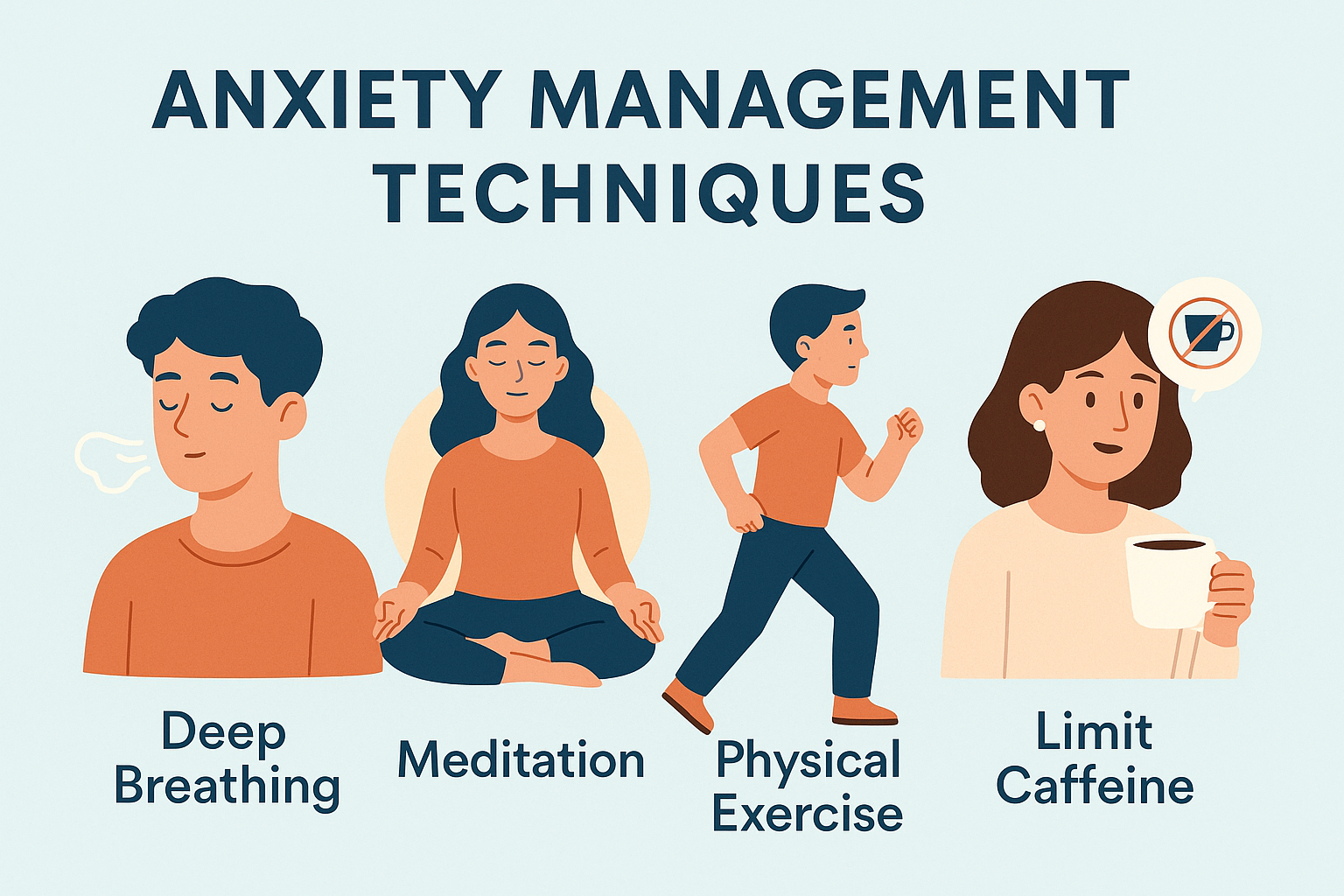
Transforming Anger into Understanding: Effective Therapy for Emotional Growth
Anger can feel overwhelming, and sometimes it’s hard to know what to do with it. You might have moments when it seems your frustration is in control, affecting how you feel, think, and connect with others.
But what if there was a way to transform that anger into something more constructive?
Anger Management Therapy offers a path forward—not just for managing your emotions, but for understanding them.
With the right tools, you can turn frustration into personal growth, strengthen your emotional health, and build healthier relationships.
Let’s explore how this therapy can help you navigate your emotions in a way that empowers rather than overwhelms you.
Understanding Anger and Its Impact on Emotional Health
Anger is a natural human emotion that serves as a protective mechanism. It can motivate us to take action and defend ourselves or others when we feel threatened or wronged.
However, when anger becomes uncontrollable or misdirected, it can lead to destructive behaviors and harm our emotional well-being.
Repressed or unexpressed anger can also have negative consequences. Holding onto anger can lead to resentment, bitterness, and even physical health issues.
It can also damage relationships and create barriers to communication and understanding. Acknowledging and understanding our anger is crucial to learning to manage it effectively.
What are the Benefits of Anger Management Therapy?
Anger management therapy is a process of self-discovery and emotional growth that can have numerous benefits for individuals struggling with anger.
Some of the key benefits include:
Improved Self-Awareness
In therapy, we explore the root causes of your anger, so you can gain a deeper understanding of yourself and your triggers.
This increased self-awareness can help you recognize and manage your emotions more effectively.
Enhanced Emotional Regulation
Through therapy, we can learn practical techniques for managing our anger in the moment.
This may include deep breathing, mindfulness, and cognitive restructuring exercises.
With consistent practice, these tools can help us regulate our emotions and prevent them from spiraling out of control.
Improved Coping Skills
Therapy can also help you develop healthier coping strategies for managing anger triggers.
This may involve learning to communicate assertively, setting boundaries, and practicing self-care.
By developing these skills, we can navigate challenging situations more effectively and reduce the intensity of anger responses.
Increased Empathy and Understanding
Effective anger management therapy involves exploring the underlying emotions and experiences that may fuel your anger.
This process can help you develop empathy and understanding for yourself and others.
It allows us to see things from different perspectives and respond with more compassion and empathy.
Better Overall Emotional Health
Anger management therapy, along with other counseling options for mental wellness, can significantly enhance your emotional health.
As we learn to manage our anger, we also become more in tune with our emotions and develop healthier ways of expressing them.
This can lead to a sense of inner peace and improved well-being.
Therapy for Anger and Emotional Balance Available in Dallas, TX
At Beckloff Behavioral Health Center, our compassionate team supports you in overcoming anger challenges.
Through evidence-based anger management therapy, we help you transform your emotions into powerful tools for personal growth.
We believe in your ability to find peace and achieve lasting change.
Book an appointment today, and let’s work together to create a path toward a calmer, more balanced you.



